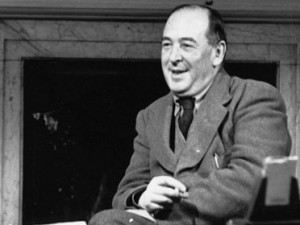In her new and controversial book Lean In, Facebook COO Sheryl Sandberg argues that women face a variety of unique challenges in achieving professional success. One of them is self-imposed, yet reinforced by the larger culture.
It is the hesitancy to “lean in,” to not let internal barriers–like feeling the false need to choose between success or family– hold them back from achieving the highest levels of success.

The impact of Sandberg’s books remains to be seen. What fascinates me, however, is that her enormous success and drive and passion about this issue has roots in her Jewish identity.
How early Jewish activism shaped her identity
In Time Magazine’s profile, we learn from her family’s history as “activists for Soviet Jews who were trying to immigrate from Israel.” Her parents urged her to stand up for the rights of a persecuted group, and do something to make the world a better place.
Over time that passion translated into government work and business success. It has now expanded into non-profit advocacy and teaching.
Following in giant footsteps
It also follows in the tradition of Jewish values. The role of women in Jewish life has been the subject of great discussion, and it varies between Reform and Orthodox Judaism. What unites them, however, is the belief that a commitment to family and to making a difference in the world are not at odds.
Here are two examples:
1. Sarah: In the Bible, Sarah is not only Abraham’s wife and the mother of Isaac and Ishmael. She is credited for bringing many people into the new religion with Abraham as they were journeying toward the Promised Land. She frequently protects Abraham from the wrath of local rulers with whom they have to negotiate. Her role is an immense and often underappreciated one.
2. Rebecca: The biblical Rebecca is an extraordinary character. Her passion and boldness become clear right when we meet her, as she volunteers to water the flock of Abraham’s messenger and invite him to her home, where she leaves with him over her father’s objection.
Her insight into her children and into the needs of the moment allow her to ensure the survival of the Jewish people.
Perfection is not the goal
Now these two examples should not lead us to believe that Judaism was always perfect and forward-looking in understanding gender roles. It evolves, as all faiths do. Yet, it provides a useful corrective to the kind of binary thinking often blocking us from wisdom.
Family and professional satisfaction are not at odds. They can reinforce one another. We will not be perfect in everything we do. Indeed, Jewish wisdom has taught this truth for milennia.
Yet, as Sandberg puts it, when we find the strength to lean in–when we do not get trapped in false choices–we can work and live in a way that is “sustaining and fulfilling.” May all of us–men and women alike–find that strength.

